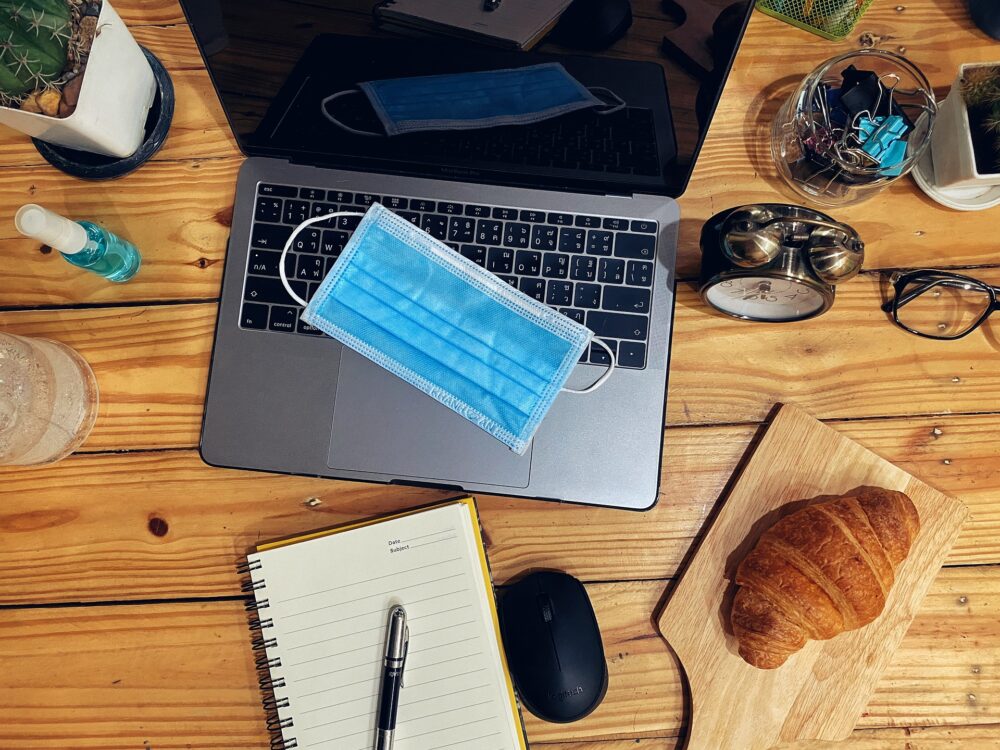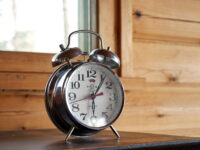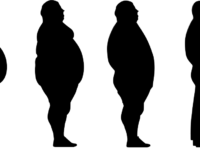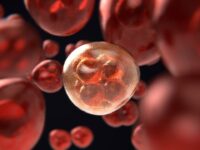Imagine you finish a hard test and decide to take a break, only to discover you have three essays, two assignments, and a test coming up. Instead of giving your mind a breather, you head to the library for yet another study session. This is why many college students, as well as adults, fail to complete many of the tasks they set for themselves: They disregard their limitations and fail to realize when they need a break.
Microbreaks, midday breaks, and lengthier breaks have all been demonstrated to improve wellness and productivity. In order to learn and improve, it is important that individuals are producing work that emphasizes quality over quantity. Many people burn out at a young age in their careers or drop out of school simply because they overwork themselves.
This is not only true for college students; adults can experience the same in their careers. Jonathan Levav and Liora Avnaim-Pesso from the Stanford Graduate School of Business found that variables such as lack of breaks influence the judgment of very important decision makers. According to this study, Israeli judges are more tolerant in the morning after a good night’s sleep or in the afternoon after a lunch break. This emphasizes the idea that not taking breaks and constantly working may lead to poor decision making. This idea holds true for students: Someone with a refreshed mind is more likely to be motivated to finish their assignment, which enhances their work performance and mental wellness.
Microbreaks, midday breaks, and lengthier breaks have all been demonstrated to improve wellness and productivity.
Not only can breaks improve mental health, but they can also have a significant impact on the body. Meg Selig, from Psychology Today, highlights that doing stationary work for long periods of time “puts you at a higher risk of heart disease, diabetes, depression, and obesity.” She advises that getting up and going for a walk, stretching, or doing any form of movement can improve physical and emotional health. Selig explains how sitting too long can raise the danger of dying. Sitting limits blood flow to the legs, which can cause the development of plaque in the arteries and consequently accelerate the risk of heart disease.
Many employers are starting to notice the impact increased productivity can have on profit. A study with over 4,000 U.S. employees looked at the impact proper sleep had on productivity, performance, and safety outcomes. Those who did not get adequate amounts performed worse in all areas and caused an estimated $1,967 loss in productivity per worker. This emphasizes the fact that mental and physical health should come before profit to benefit all stakeholders.
Someone with a refreshed mind is more likely to be motivated to finish their assignment, which enhances their work performance and mental wellness.
While it may be tempting to skip class for a midday hiatus, there are both beneficial and ineffective breaks. Spending hours on social media, watching YouTube videos, and shopping online does more harm than good. This will not only make individuals lazier, but it will also have an effect on their job.
While it may be tempting to skip class for a midday hiatus, there are both beneficial and ineffective breaks.
There is a positive correlation between productive breaks and job performance, thus psychologists strongly advise people to take suitable breaks from time to time. Preparing coffee, going for small walks, cleaning up your surroundings, eating nutritious foods, doodling, taking a shower, and even going on social media in small doses are examples of ways to recharge your mind and body. The next time you’re tempted to pull yet another all-nighter, consider calling it a night and starting fresh in the morning.
International Journal of Environmental Research and Public Health (2017). DOI: 10.3390/ijerph14111347
Journal of Occupational and Environmental Medicine (2010). DOI: 10.1097/JOM.0b013e3181c78c30
American Journal of Health Promotion (2017). DOI: 10.1177/0890117117722517






